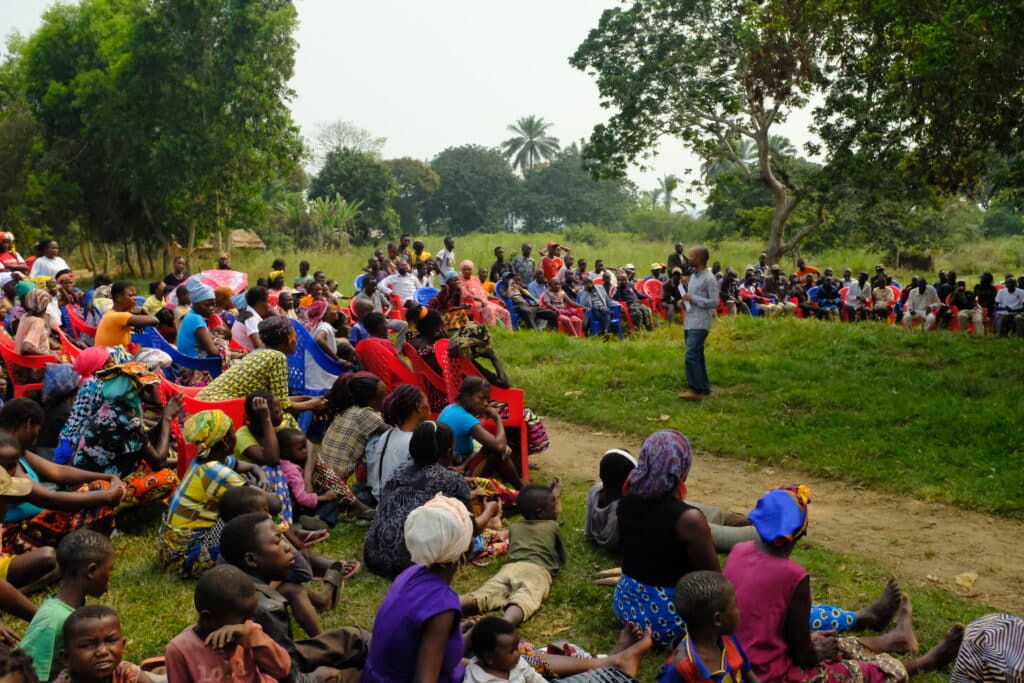
A group of Congolese and international civil society organizations has responded to Communiqué n°004/CNDH/007/CABRAP/03/2025, published by the National Human Rights Commission (CNDH), announcing the launch of a procedure to identify and register human rights defenders (HRDs) in the Democratic Republic of Congo.
While welcoming the CNDH’s initiative to better regulate the recognition of defenders, these organizations express serious concerns about the implications of this measure, which they view as potentially restrictive and contrary to the DRC’s international commitments.
Risk of exclusion and stigmatization
According to the position note, conditioning the recognition of a human rights defender on obtaining a national identification number would create an artificial distinction between “registered defenders” and “defenders by right.” Yet, the 1998 UN Declaration on Human Rights Defenders already recognizes every person’s right to promote and protect human rights, without any prior administrative formality.
The organizations also warn that such a mechanism could weaken or exclude unregistered actors, who are nonetheless protected by the Congolese Constitution as well as the Universal Declaration of Human Rights, particularly regarding freedom of opinion, expression, assembly, and association.
They further fear that the measure could be perceived as an administrative restriction, contradicting both the spirit of the 2023 national law and the DRC’s international obligations.
Five key recommendations
In a constructive spirit, the signatory organizations put forward several recommendations to the CNDH:
- Revise certain provisions of Law No. 23/027 of June 15, 2023, deemed inconsistent with the country’s international commitments, in consultation with civil society.
- Ensure effective and non-discriminatory implementation of the law, so that its protections apply to all HRDs.
- Publicly recognize and promote the role of defenders, to strengthen their legitimacy and raise public awareness.
- Conduct independent investigations into human rights violations, particularly those targeting defenders, and guarantee justice and reparations for victims.
- Establish a specific protection mechanism, accessible even in rural areas and sufficiently funded.
A call for dialogue
The signatory organizations reaffirm their willingness to work alongside the CNDH to ensure a safe, inclusive, and protective environment for all human rights defenders in the DRC.
“Recognition of HRDs must not become a tool of control, but rather an instrument of protection,” the note emphasizes. It calls on the CNDH to adopt a participatory approach, in line with the spirit of the Universal Declaration of Human Rights, in order to strengthen its credibility and effectiveness.



